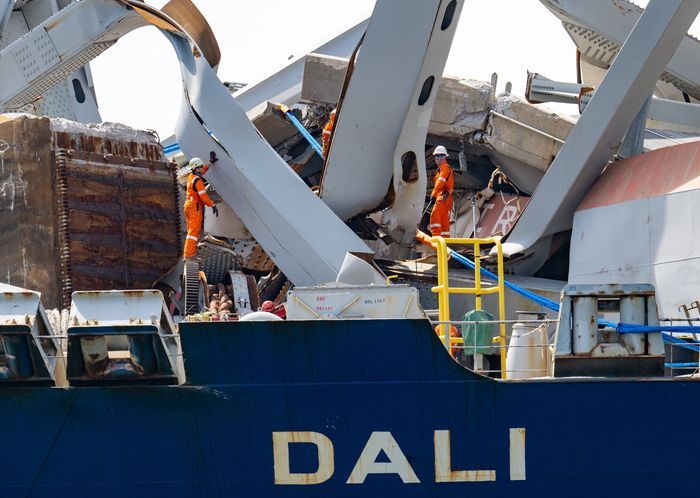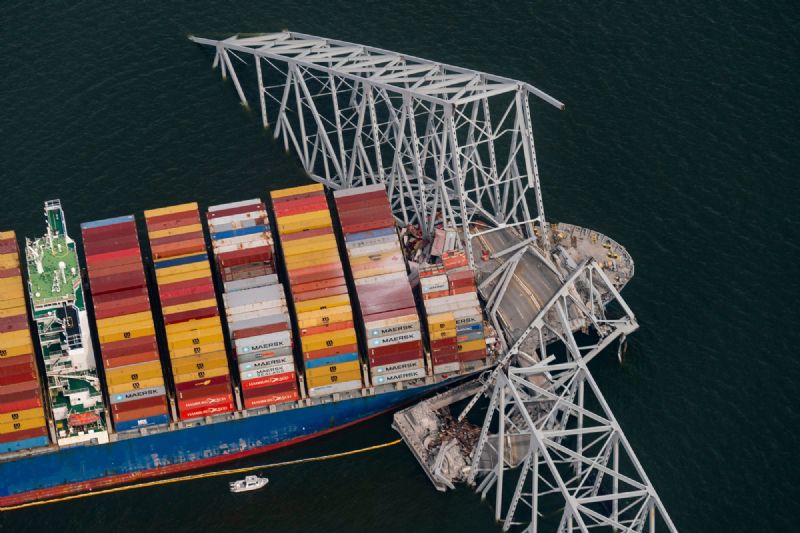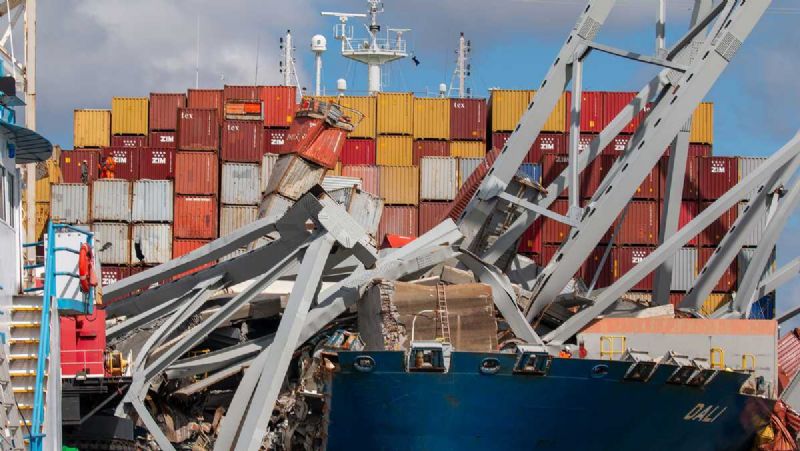
The tragic allision of the Dali container ship with the Francis Scott Key Bridge in Baltimore highlights the often-overlooked humanitarian impact of maritime incidents and the mental pressures faced by seafarers. The first seafarer charity on the scene, the Seamen’s Church Institute (SCI), is advocating for increased support for affected crew members. The SCI team found a traumatized crew aboard the Dali and is urging leaders in maritime and regulatory bodies to consider the human impact when undertaking a presumably lengthy but necessary investigation.
The Rev. Mark Nestlehutt, president and executive director of SCI, emphasizes the importance of making swift decisions regarding the 21 crew members, including their return home and potential legal consequences.
“While the logistics of wreckage removal and ship movement are crucial, we must also prioritize the crew who have endured significant trauma since the accident,” he says. The crew have been deeply affected by the loss of six construction workers and deserve a measure of empathy and support.
“Imagining ourselves in their position helps us understand their constraints and the pressure they are under," he adds.
The 21 seafarers - 20 Indians and one Sri Lankan - are being well cared for by Synergy Marine, the vessel's management company. But despite receiving support they have been confined to the ship since March 26, unable to take any break away from the scene.
“The uncertainty they face about seeing their families again and the looming investigation are major stressors,” explains Mr. Nestlehutt. “With the final report potentially taking two years, consideration and clarity on their situation is important.”
Mr. Nestlehutt suggests that U.S. authorities, including the US Coast Guard, FBI, and National Transportation Safety Board, consider expediting decisions regarding the crew’s status, perhaps determining which crew members are essential to the investigation and allowing others to return home. "With some of their contracts ending over a month ago, these seafarers are now looking at extended stays on the vessel, and that can cause distress and impact mental health," he says.
The COVID-19 pandemic underscored the detrimental effects of prolonged and extended vessel confinement on seafarers' mental health. Consequently, renewal of the crew’s visas and permitting non-essential members to take shore leave would offer much-needed relief. Currently, expired visas prevent them from stepping ashore in Baltimore, which exacerbates their predicament.
After the March 26 collision, SCI's proactive response included the deployment of chaplains trained in Critical Incident Stress Management within a week of the accident. Additionally, in the following weeks, SCI provided chaplain associates who speak Hindi and Tamil, ensuring that the crew received culturally and linguistically appropriate support.
The Dali disaster can be considered a call to action for the maritime industry and regulatory bodies to enhance their response protocols for seafarers in distress. By prioritizing their well-being and expediting necessary decisions, we can demonstrate our commitment to those who keep global trade moving, even in the face of adversity.



We use cookies to improve your experience. By continuing to use our site, you accept our Cookies, Privacy Policy,Terms and Conditions. Close X